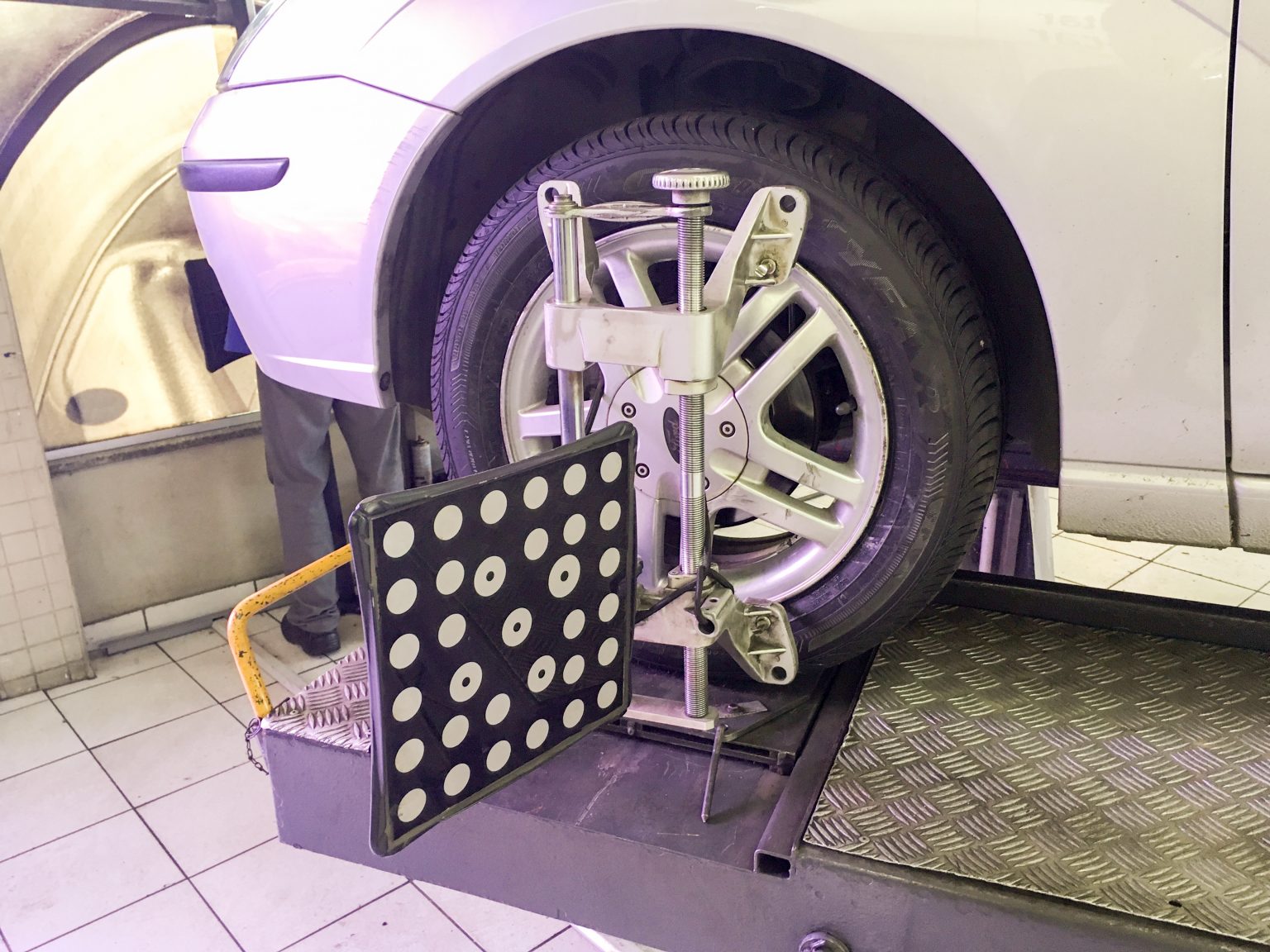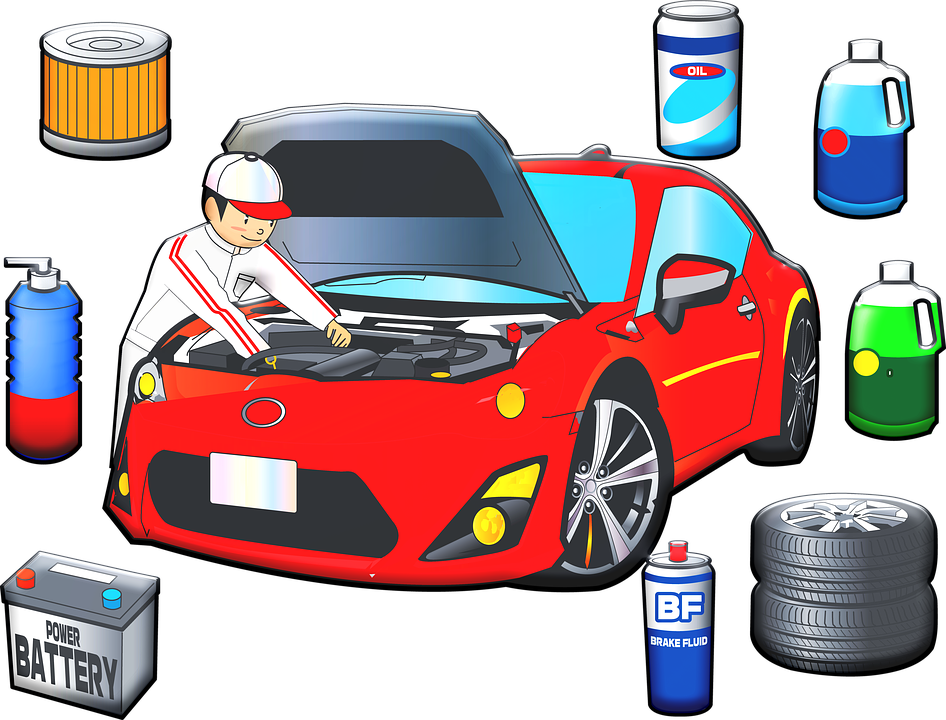When it comes to maintaining your vehicle, understanding the basics of auto repair is not just about saving money—it’s about ensuring safety, extending your vehicle’s lifespan, and optimizing performance. This comprehensive guide dives into the essentials of auto repair, focusing on areas like brakes, alignment, general maintenance, air conditioning service, and motor inspection.
Brake Maintenance: Stopping Power Matters
Brakes are your car’s most critical safety feature. To ensure they remain in top condition, check the brake pads for wear every 10,000 miles. If you hear a high-pitched squealing sound, this is often a sign that the pads are worn and need replacing. Don’t overlook the brake fluid; a change every two years helps maintain the hydraulic system’s efficiency. If your car pulls to one side during braking, this could indicate a hydraulic issue or worn brakes on one side of the car—both require professional attention.
Wheel Alignment: Keep It Straight

Proper alignment is crucial not only for the safety of your vehicle but also for the efficiency and longevity of your tires. If your car drifts to one side, even when driving on a straight road, it’s time for an alignment check. Regular alignment, ideally once a year, ensures that your vehicle drives smoothly and your tires wear evenly. It also helps improve fuel efficiency and reduces strain on the car’s suspension.
General Maintenance: The Lifeline of Your Car
General maintenance encompasses oil changes, tire rotations, air filter replacements, and more. Adhere to the manufacturer’s guidelines for oil changes, typically every 5,000 to 7,500 miles, to keep your engine running smoothly. Tire rotations every 6,000 miles help equalize wear and extend tire life. Additionally, replace air filters every 12,000 miles to ensure optimal air quality and engine performance. Keeping a checklist and scheduling regular check-ups can prevent small issues from escalating into major repairs.
A/C Service: Cooling Systems Check
Especially in warmer climates, maintaining your vehicle’s air conditioning is essential for comfortable driving. Have your A/C system checked at least once a year before the summer season starts. This includes checking for refrigerant leaks and assessing the compressor’s health. A well-functioning A/C system is crucial not only for comfort but also for defogging the windshield during colder months, contributing to safe driving conditions.
Motor Inspection: The Heart of Your Vehicle
The engine is the heart of your vehicle, and routine inspections are crucial to ensure it operates at peak efficiency. Look for signs of engine distress like unusual noises, reduced acceleration, or increased exhaust smoke. Regular checks should include the engine oil level, coolant levels, belt inspections for wear, and checking for any error codes that may suggest electronic or emission-related issues. A thorough inspection by a professional can help catch issues before they require costly repairs or lead to breakdowns.
When to Consult a Professional
While many auto maintenance tasks are within the reach of DIY enthusiasts, certain repairs should be handled by professionals. Complex issues related to the engine, transmission, or electronic systems benefit from the diagnostic tools and expertise of a trained mechanic. Moreover, professional services ensure that repairs are done correctly, which can be crucial for maintaining your car’s warranty and resale value.
Choosing the Right Auto Repair Shop
Select a repair shop that is reputable, well-reviewed, and certified. Look for shops that specialize in your vehicle’s make or that are endorsed by the automotive industry. Transparent pricing, clear communication about needed repairs, and a warranty on parts and labour are also key factors in choosing the right service provider.
Conclusion
Understanding and staying on top of auto repair not only keeps your vehicle safe but also enhances its performance and longevity. Whether you handle basic maintenance yourself or rely on professionals for more complex issues, staying informed is your best defence against unexpected breakdowns and costly repairs.

